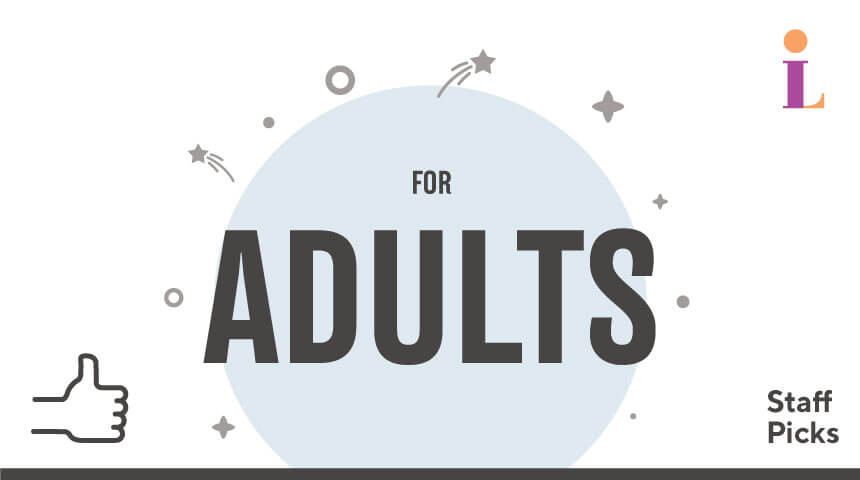
Can genius overcome personal demons? Pittsburgh Opera’s April production in this most unusual year of Covid-19 programming is the Pittsburgh premiere of “Charlie Parker’s Yardbird”. The opera, by composer Daniel Schnyder and librettist Bridgette A. Wimberly, tells the story of Charlie “Yardbird” Parker, the jazz saxophone genius who was also plagued by drug addiction and mental health issues. The opera is told in flashbacks as the ghost of Parker, whose body lies unidentified in a New York City morgue, travels back to the Birdland club named for him as he struggles to complete his final masterpiece. In these flashbacks Charlie is reunited with his mother, three of his four wives and his good friend Dizzy Gillespie, as he races to finish his composition before his body is identified.
“Charlie Parker’s Yardbird” was commissioned by Opera Philadelphia and had its premiere in 2015. This link is an archived recording of a podcast featuring a conversation with “Yardbird’s” composer Daniel Schnyder, librettist Bridgette A. Wimberly, Seattle Opera’s Jonathan Dean and Abe Beeson of radio station KNKX. Seattle Opera’s production of “Charlie Parker’s Yardbird” premiered in its 2020 season.
Daniel Schnyder is a jazz saxophonist in addition to being a composer. This opera challenged him to fuse classical and jazz styles, including scat singing, into an intriguing mix. Bridgette A. Wimberly’s background as a poet and playwright influenced her writing style for the opera’s libretto. To get a taste of the music before you go to the opera, visit Pittsburgh Opera’s website and click on Audio Preview Excerpts. You can also register for the free livestream that will air on April 16 on this same page.
Explore these titles in our collection to learn more about Charlie Parker and his innovative style as a jazz pioneer.







